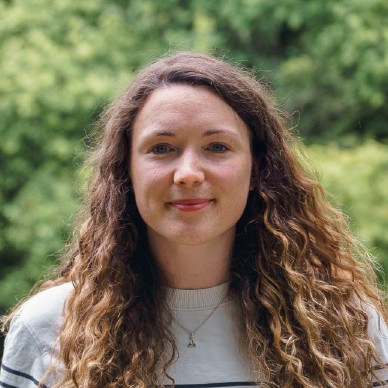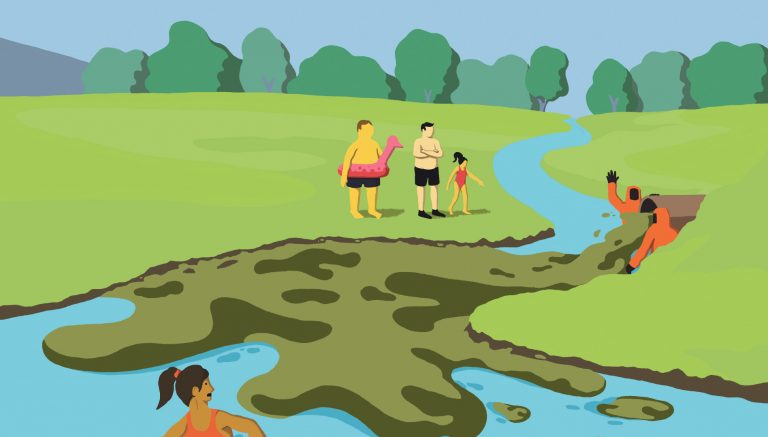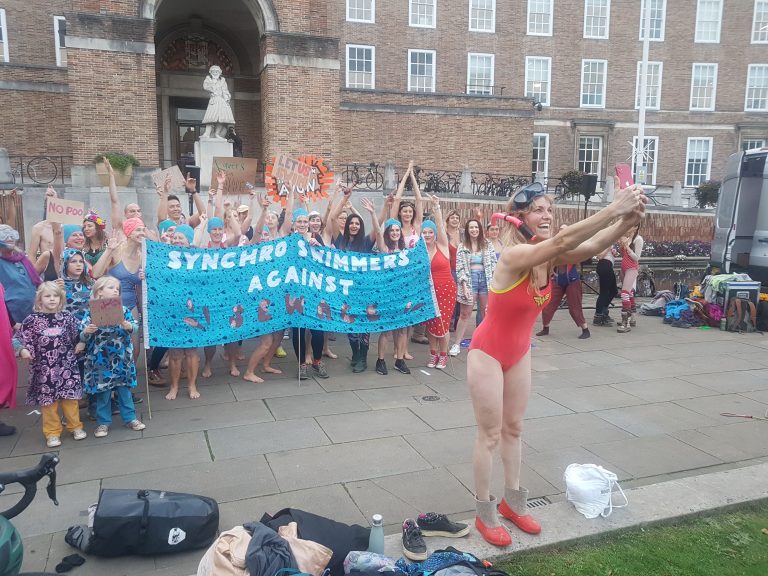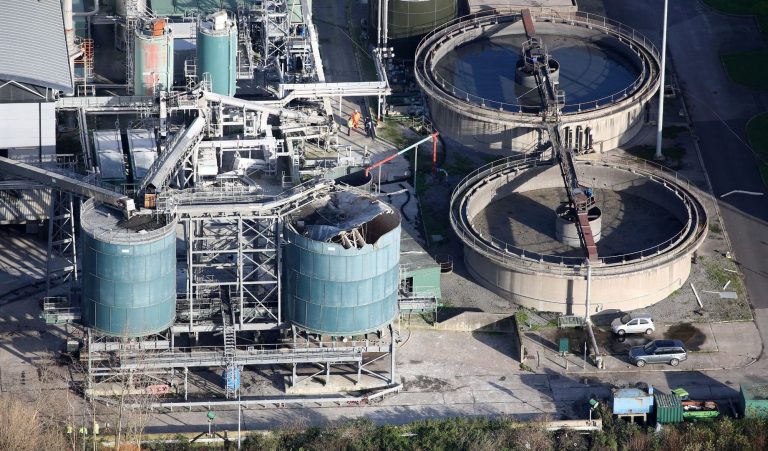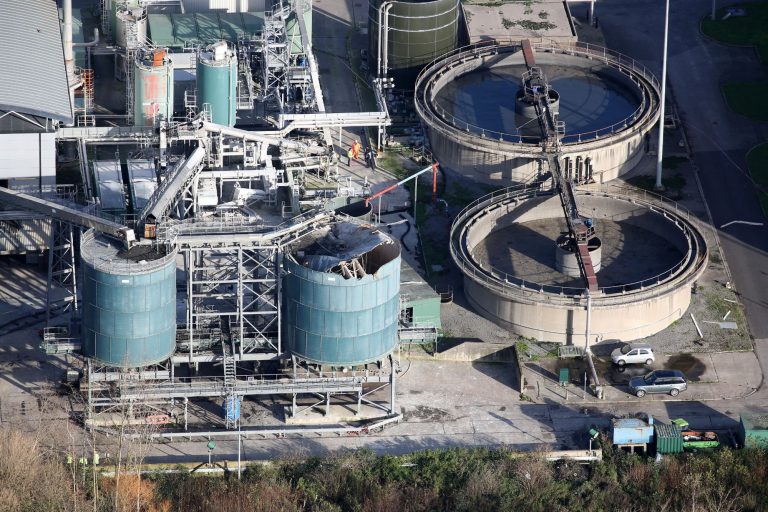Recent floods show once again that it’s high time to formally recognise the rights of the River Avon

Recent extreme weather has brought flooding to the River Avon. Homes abandoned, pubs and businesses forced to close, trains cancelled, and roads submerged.
The water level at Bradford-on-Avon surpassed its previous record set in 2013, and a flood alert for the upper Avon near Malmesbury and Great Somerford remains active at the time of writing, with further rainfall expected.

For a river campaigner, the flood induces an additional anxiety: sewage pollution. Those of us who have followed the national sewage scandal know too well that excessive rain brings with it the near-certainty of a polluted river, lake, brook or coastline.
The rain doesn’t even need to be that excessive, or even to exist at all. According to a 2023 BBC investigation, these spills also occur on dry days.
A couple of years ago, I was interviewed by the Bristol Cable about my belief that rivers are rights-bearing beings that deserve a voice in our decision-making structures. This year, my campaign group Conham Bathing launched the Thriving Avon Charter, which lists the rights of the Bristol Avon.
It has been heartening to see hundreds of locals sign it and to contact us with their support – including city councillors, former Bristol mayor George Ferguson, and comedian and local legend Jayde Adams.
‘An extension of the human sewerage system’
Rivers do not have a say in pollution remediation target-setting, nor are they invited to discuss the potential impacts of housing or infrastructure developments. This, I believe, is one of the principal reasons they are in the mess they’re in today: depleted, polluted, some more comparable to an extension of the human sewerage system than a life-sustaining ecosystem.
In November 2024, Wessex Water was fined £500,000 – the second highest fine in its history – for successive and illegal spills of untreated sewage into the Avon catchment. These spills alone caused the deaths of thousands of fish, including critically endangered species. But they make up just a fraction of the company’s total annual spills.
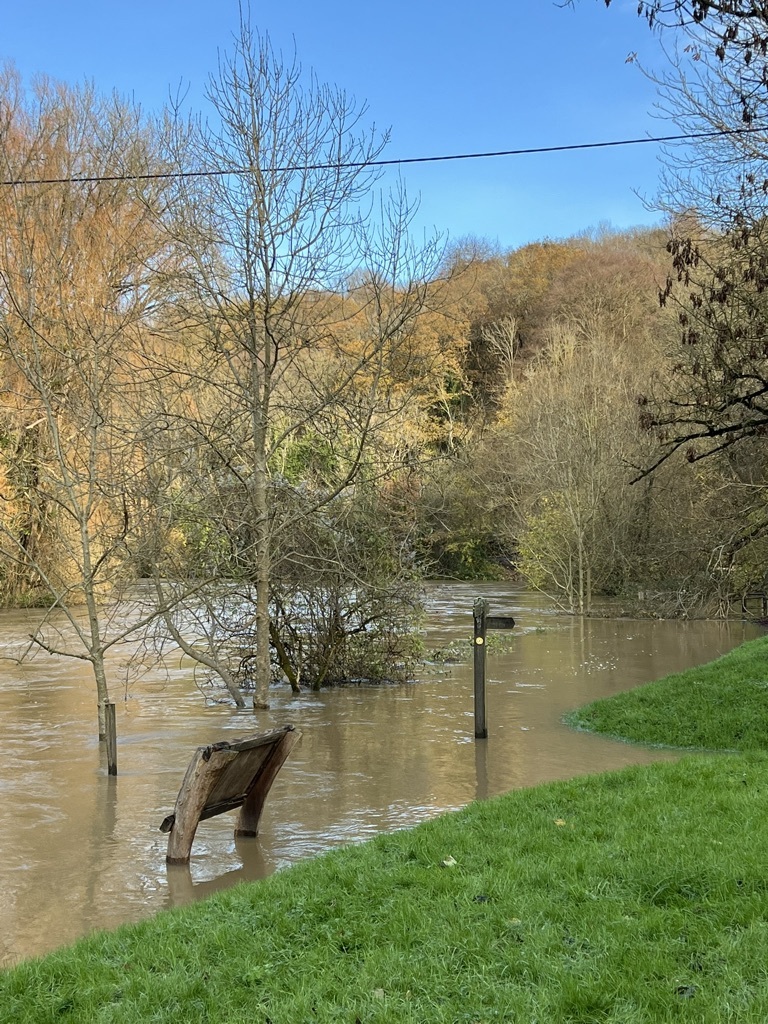
Over the past few years, our campaign group has monitored untreated sewage spills near one of Bristol’s most popular swimming spots, Conham River Park, and found that four CSOs (combined sewer overflows, or ‘storm overflows’) released 36,093 minutes of untreated sewage in one year, 2022.
That’s more than 25 days of continuous spilling in the stretch of Avon between Saltford and Conham. Wessex Water owns 1,295 CSOs in total. What already feels like an ecological disaster in our modest stretch of river becomes truly alarming when extrapolated to catchment-level, with analysis by the Guardian naming the urban River Avon as the third-worst area in England.
Half a million pounds may sound like a hefty fine. But, as has been discussed widely in the media, it is far outweighed by the cost of sufficiently investing in improved wastewater infrastructure.
These costs are described in the billions of pounds, as opposed to the thousands or the millions. So, as long as the cost of a potential fine is cheaper than investing in this infrastructure, there is little to no incentive for water companies to truly consider the impact they are having on Britain’s rivers and freshwater wildlife.
‘A voice screaming out to be heard’
As long as sewage isn’t backing up into people’s homes, it is easy for the job to be considered done. Dividends and executive bonuses can be paid.
Meanwhile, the water quality sampling our campaign group has conducted at Conham River Park over the past four summers has shown that at times the concentration of faecal bacteria in the River Avon is as high as 20 times the safe limit for bathing (according to government guidance for inland bathing).
A collection of private monopolies have commoditised the most essential element of life and in some places over-abstracted it like a mineral mined to the dregs
Of course, water companies’ insufficient wastewater infrastructure is not the only source of pollution – industrial and agricultural run-off plays a crucial role too. But to scrutinise the privatised water industry even for a moment reveals a voice that has been screaming out to be heard: the river’s.
It may strike some as a somewhat peculiar idea at first. How can a river really have a voice? Is a river even a distinct being? Where does it begin and end? The past few years has though seen a growing movement in the UK to recognise not only the rights of rivers, but trees and other non-human nature too.
Once you reflect on what it could mean to represent the interests of rivers in all decisions that affect them, it seems utterly reasonable and sensible. I have yet to meet anyone who truly disagrees that a river has the right to flow or to be free from pollution.
The Rights of Nature is no longer a fringe idea dreamed of only by grassroots community groups who spend their weekends knee-deep in dilute faecal matter to test the water quality of their local beloved stretch of river, but local councils are considering it as an approach to environmental policy, and it even appeared on the Green Party election manifesto.
On 12 November, Bristol City Council passed a motion moved by the Liberal Democrats to “stop the sewage scandal”. It’s promising that river pollution is on the local political agenda and will not be entirely deferred to the national government to address.
Yet a public statement submitted by Wessex Water, and read out by a representative during a full council meeting, was particularly revealing of the industry’s mindset regarding their role in river pollution. The representative took umbrage with some of the language used in public discourse: “dumping” and “sewage scandal” in particular.
Rather than framing it as a sewage scandal, he asserted, it should be framed as a “rainwater management scandal”. He continued that rainwater should be “treated as a resource”.
But isn’t this the kind of thinking that got us into this mess in the first place? That a collection of private monopolies, several of whom are owned by overseas corporations, have effectively commoditised the most essential element of life (both human and non-human) and in some places over-abstracted it like a mineral mined to the dregs.
In so doing, they are claiming a type of ownership over water. Rather than treating rainwater as a resource, can we not consider it as what it is: a vital part of the water cycle that has its own needs and agency?
Guardians of the River Avon
The Thriving Avon Charter comprises rights sourced both from the Earth Law Centre’s Universal Declaration of the Rights of Rivers and a public consultation my campaign group ran in Bristol earlier this year. This consultation added a couple of additional rights to the universal list, including the right to be resilient to the ecological threats caused by human-derived climate instability, and the right to be represented by a human council.
It also added further definitions of who a “river guardian” may be, including, simply “a Bristolian”. One of these Bristolian-guardians, comedian Jayde Adams, gave us her support.
“As a Bristolian who loves outdoor swimming, I support Conham Bathing’s Thriving Avon Charter and encourage residents of Bristol to do so too,” she said. “People from all backgrounds rely on open water for their mental health and that is something worth getting behind, don’t you think?”
It was important to us to allow the local community to be involved in the charter’s composition. The issues affecting rivers are, after all, both universal and hyper-local.
Policy solutions to river pollution must therefore be multiscalar: an interaction among local, regional, and national, even international, decision-makers. But at the heart of each of these interactions must be the most important voice of all: the river’s.
Sign the Thriving Avon Charter here.
Independent. Investigative. Indispensable.
Investigative journalism strengthens democracy – it’s a necessity, not a luxury.
The Cable is Bristol’s independent, investigative newsroom. Owned and steered by more than 2,500 members, we produce award-winning journalism that digs deep into what’s happening in Bristol.
We are on a mission to become sustainable, and to do that we need more members. Will you help us get there?
Join the Cable today